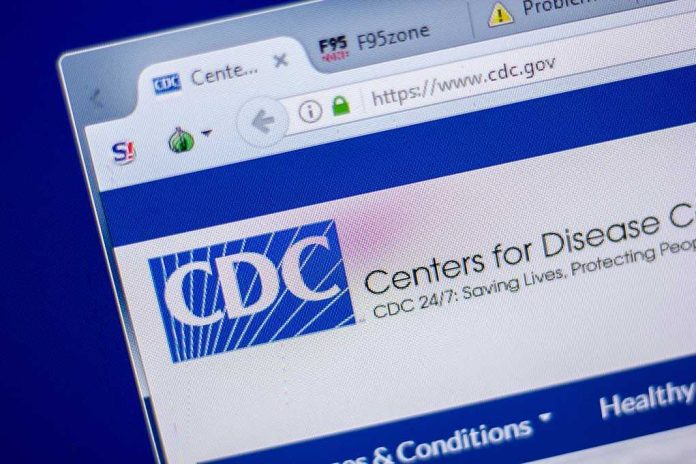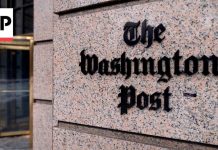
When the CDC reversed decades of scientific consensus with a single website edit, public trust in health authority fractured—and the consequences may be just beginning.
Story Snapshot
- CDC website now contradicts scientific consensus on vaccines and autism, due to political intervention.
- Medical experts and advocacy groups widely condemn the change as misinformation.
- Political appointees bypassed CDC scientists to alter public health messaging.
- Public confusion and vaccine hesitancy expected to rise, risking preventable disease outbreaks.
CDC Messaging on Autism and Vaccines Politicized
The CDC’s November 2025 website update stated that “vaccines do not cause autism” is not evidence-based, upending decades of clear scientific communication. The revision did not result from new research or scientific debate; it was a directive from political appointees at the Department of Health and Human Services under Secretary Robert F. Kennedy Jr. The CDC’s scientific staff were not involved, making this the first time public health messaging was so glaringly politicized at the agency’s highest level.
Medical and autism advocacy organizations, including the Autism Science Foundation and the American Academy of Pediatrics, responded immediately. They labeled the CDC’s new language as misinformation and denounced its origin as political rather than evidence-based. Former CDC director Dr. Mandy Cohen warned that the change “endangers children” and undermines the scientific integrity of public health guidance.
Roots of a Dangerous Myth and Political Maneuvering
The vaccine-autism myth originated with Andrew Wakefield’s fraudulent 1998 study, which was retracted and repeatedly discredited. Since then, more than 40 rigorous studies involving millions of children have found no link between vaccines and autism. Despite this, anti-vaccine activists—including Kennedy—have kept the myth alive through persistent misinformation campaigns. Kennedy’s confirmation as HHS Secretary in mid-2025 marked a decisive political shift, giving him direct influence over CDC communications and enabling the controversial website change.
Senator Bill Cassidy’s role in Kennedy’s confirmation was pivotal; Cassidy reportedly secured a political agreement to retain certain vaccine statements on the CDC website, resulting in the asterisked header now visible. The decision bypassed normal review channels, with CDC scientists sidelined. The altered messaging appeared on the CDC’s vaccine safety page in November 2025, immediately drawing sharp criticism from public health professionals and advocacy groups.
Impact on Public Health and Scientific Integrity
Confusion among parents and healthcare providers has intensified since the change, with contradictory guidance leading to uncertainty about vaccine safety. Experts predict a surge in vaccine hesitancy and refusal, heightening the risk of outbreaks for diseases like measles and whooping cough. The CDC, once considered the gold standard for unbiased health information, now faces serious erosion of public trust.
Autistic individuals and their families face renewed stigmatization from the revived myth, while healthcare providers struggle to counsel patients amid conflicting federal guidance. Economic costs of preventable disease outbreaks could climb, and social polarization around vaccines is likely to deepen. The political precedent—allowing federal health messaging to be dictated by ideology rather than evidence—threatens the authority of public health institutions far beyond this single controversy.
CDC website changes to include false claim about autism and vaccines https://t.co/rJ1Bt7TMIX
— CBS News (@CBSNews) November 20, 2025
Expert Voices and Broader Consequences
Prominent figures in medicine and science have spoken with rare unanimity. Dr. Mandy Cohen and Susan Kressly (American Academy of Pediatrics president) cite overwhelming evidence that vaccines do not cause autism and condemn the CDC’s new stance. Johns Hopkins University and peer-reviewed literature reinforce the scientific consensus, with no credible organization supporting the revised CDC language. The move is celebrated only by anti-vaccine activists, who view it as a political victory.
Kennedy’s advisory committee will soon review the CDC’s childhood vaccination schedule, raising concerns about further politicization of public health policy. Congressional investigations may follow, with the CDC and HHS leadership facing increased scrutiny. Globally, trust in American public health authority could diminish, affecting vaccine uptake and market stability. The story serves as a cautionary tale about the fragile boundaries between science, politics, and public welfare.
Sources:
Peer-reviewed literature (PubMed Central)












